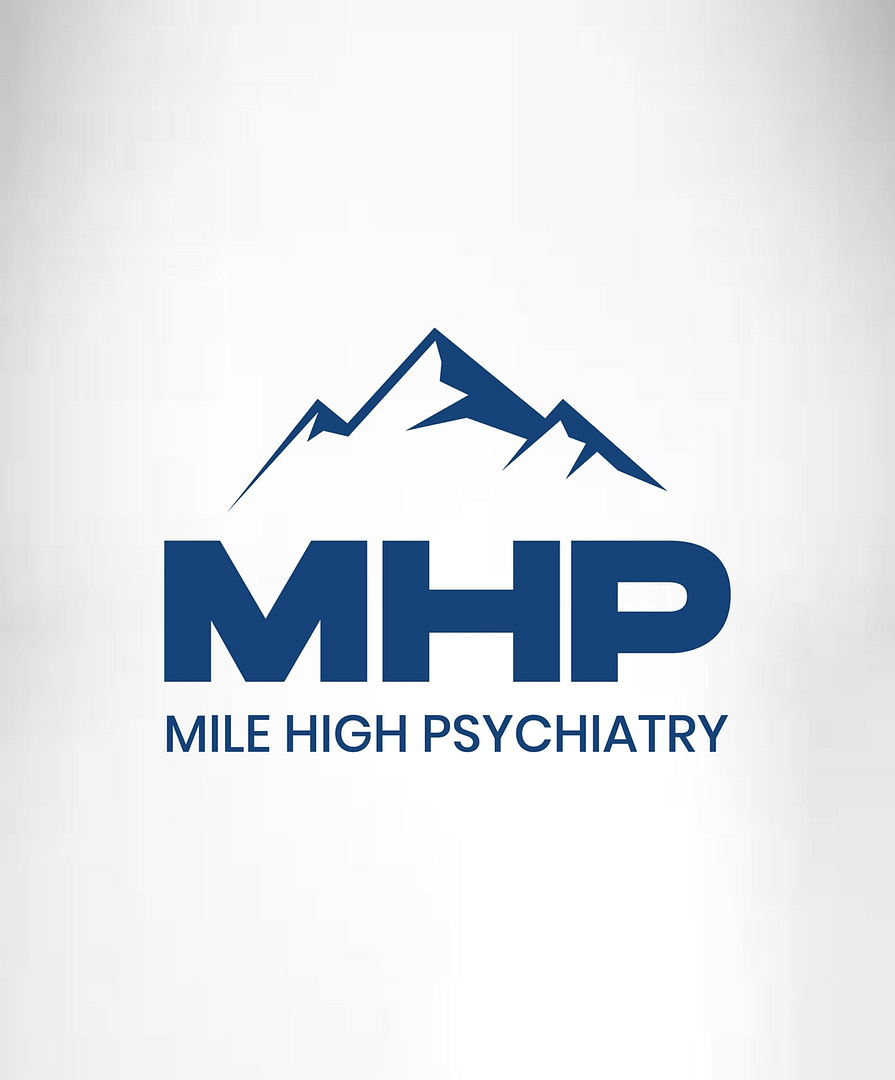Post-traumatic stress disorder (PTSD)
Living with flashbacks, nightmares, or emotional triggers can be overwhelming. At Mile High Psychiatry, we provide evidence-based care for PTSD using a trauma-informed approach helping you or your child find healing, stability, and peace of mind.
What is PTSD?
Post-traumatic stress disorder (PTSD) is a mental health condition that may develop after experiencing or witnessing a traumatic event. These events can include accidents, natural disasters, violence, or combat.
PTSD affects nearly 1 in 11 people over a lifetime and can lead to distressing symptoms such as flashbacks, nightmares, anxiety, and emotional numbness.
Symptoms of PTSD
PTSD symptoms may appear soon after a traumatic event or be delayed by months or years. These symptoms often disrupt relationships, work, and overall well-being.
Common symptom categories include:
- Intrusive Memories: Flashbacks, nightmares, and distressing thoughts tied to the event
- Avoidance: Avoiding people, places, or situations that remind them of the trauma
- Negative Thoughts/Feelings: Hopelessness, memory issues, detachment, or emotional numbness
- Physical & Emotional Reactions: Hypervigilance, sleep problems, anger, guilt, or risky behaviors

Our PTSD-Focused Providers
At Mile High Psychiatry, our team includes providers who specialize in treating depression in patients of all ages. Whether you’re navigating major life changes or long-term symptoms, our experienced clinicians provide compassionate, personalized care to help you move forward.
What Causes PTSD?
PTSD often develops after exposure to trauma whether directly, as a witness, or through learning about it. However, not everyone who experiences trauma will develop PTSD.
Contributing factors may include:
- Severity and proximity of the trauma
- Family history of mental health conditions
- High levels of stress or lack of support
- Differences in brain chemistry or hormone regulation
Understanding your personal risk factors can help guide early support and care.


Virtual appointments make life so easy, the friendly experience I’ve had with the staff has made me want to stay
– Lana Eaton

How We Treat PTSD
At Mile High Psychiatry, we offer trauma-informed care through a combination of therapy and medication tailored to each person’s needs.
Treatment options may include cognitive-behavioral therapy (CBT), interpersonal therapy (IPT), and medication for symptom relief such as anxiety or sleep disturbances.
Our goal is to help patients process trauma, reduce distress, and rebuild a sense of safety and stability.
Take the First Step
Start Your PTSD Care Journey Today
Whether you’re constantly reliving a traumatic event or avoiding reminders altogether you’re not alone. We help patients of all ages navigate the path toward recovery through tailored care plans designed to reduce fear, build resilience, and support healing.
Call us at (855) 925-3997 or complete the form below, and we’ll get back to you shortly.



























